Toby Merrill (she/her) joined Public Rights Project this month as its new litigation director. Most recently, Toby served as the principal deputy general counsel and previously deputy counsel for postsecondary education for the Biden-Harris administration’s Department of Education. Before that, she founded and directed the Project on Predatory Student Lending and taught the predatory lending and consumer protection clinic at Harvard Law School. Get to know Toby in this Q&A.
Q. What drew you to the role of Litigation Director at PRP?
A. PRP’s mission speaks to me. Being able to bring more voices into the fight for civil rights, and in particular the role of local governments, is so important. I’ve seen how litigation can be an incredibly powerful tool in the right situation, so the opportunity to combine its potential impact with the work of PRP’s dedicated team felt like the perfect fit.
Q. Why is litigation in support of civil rights and democracy important to you?
A. There is a fundamental promise we make to each other: we all have the same rights and we have opportunities to benefit from those rights. The types of legal practices and policies that bring us to that ideal are foundational to the American experiment. Having the ability to bring a case that identifies something unfair and unlawful — and getting decisions that say something must be different – represents the chance to help make good on that promise.
Q. What is a legal case you think about a lot?
A. It’s impossible to choose among the many times my clients have stood up for their rights and been vindicated by courts. But I think a lot about the first case I ever took, when I represented someone being sued on a debt for a nursing program scam. It cost my client not only money, but other forms of stability (housing, professional) she had worked so hard for. Ultimately we counterclaimed, won, and got her a check. Although it wasn’t millions of dollars, it was significant to her and her family. It was a powerful experience.
Q. What made you decide to become a lawyer?
A. I was working in operations in schools that served low-income areas. I saw up-close the differences in opportunity among students and the lengths that teachers and staff would go to make up for those differences. I wanted a job where I could help do the work that supports opportunities and justice. That got me thinking about law school.
Q. What gives you energy right now?
A. Knowing that we have to take our best shot at standing up for our values — in whatever way that is. People have always looked at the world and needed things to be different. Taking an active stance is the only way to create the possibility of change.






